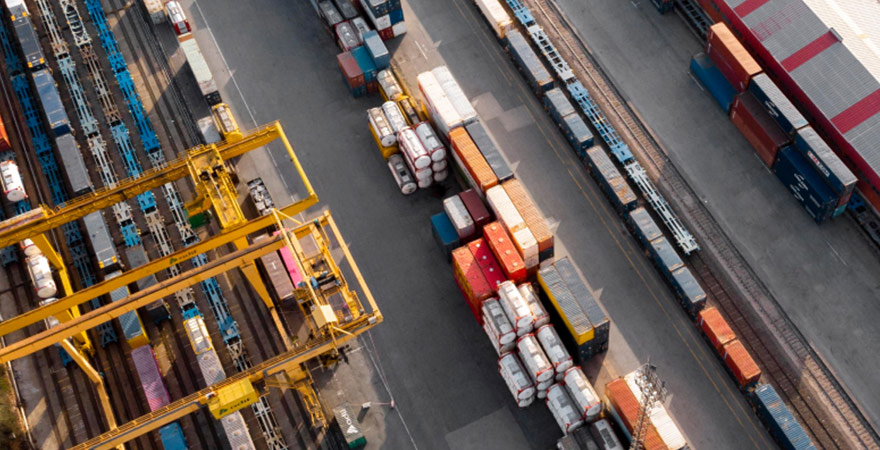Rail Transport

Rail Transport Services
Rail transport services have long been the unsung heroes of transportation, providing an efficient and reliable means of moving people and goods across vast distances. From the clatter of wheels on tracks to the rhythmic chugging of engines, rail transport has played a pivotal role in shaping the modern world. This article explores the key aspects of rail transport services, highlighting their significance in fostering economic development and promoting sustainable mobility.
One of our standout features of rail transport services is their efficiency and reliability. Trains follow fixed schedules, ensuring timely arrivals and departures. This predictability is crucial for businesses and industries relying on the timely delivery of goods. Rail transport is well-suited for transporting bulk cargo, such as raw materials and finished products, making it a cost-effective option for industries involved in manufacturing, mining, and agriculture.
Benefit of Service
In an era where environmental sustainability is a global concern, rail transport stands out as a relatively eco-friendly option. Trains are known for their energy efficiency and low carbon footprint compared to road or air transport. Electric or hybrid locomotives further contribute to reducing greenhouse gas emissions, making rail transport a more sustainable choice for both freight and passenger services.
Packages and Web
Professional and
Dedicated Team
Trusted Construction
Agency
How it Work
How Rail Transport Services Work
1. Infrastructure:
- Rail Network: Rail transport relies on an extensive network of tracks.
- Stations and Terminals: Serve as points of departure, arrival, and transfers.
2. Rolling Stock:
- Locomotives: Engines that pull trains.
- Rail Cars or Carriages: Individual vehicles for passengers, goods, or specialized cargo.
3. Rail Operations:
- Scheduling: Trains operate on predetermined schedules.
- Ticketing and Freight Booking: Passengers and cargo space are booked.
- Loading and Unloading: Passengers and cargo are loaded and unloaded at stations.
4. Safety and Regulations:
- Signaling Systems: Control train movements and prevent collisions.
- Regulatory Compliance: Strict safety and regulatory standards.
5. Maintenance and Infrastructure Development:
- Regular Maintenance: Tracks, locomotives, and rail cars undergo regular maintenance.
- Infrastructure Expansion: Investments in expanding and upgrading rail infrastructure.
6. Technological Integration:
- Automation: Some modern rail systems use automation for precise control.
- Communication Systems: Real-time monitoring of trains for traffic management and safety.
Overall, the success of rail transport services relies on the seamless integration of infrastructure, rolling stock, operational procedures, and safety measures. Advances in technology continue to enhance the efficiency and sustainability of rail transport systems around the world.





